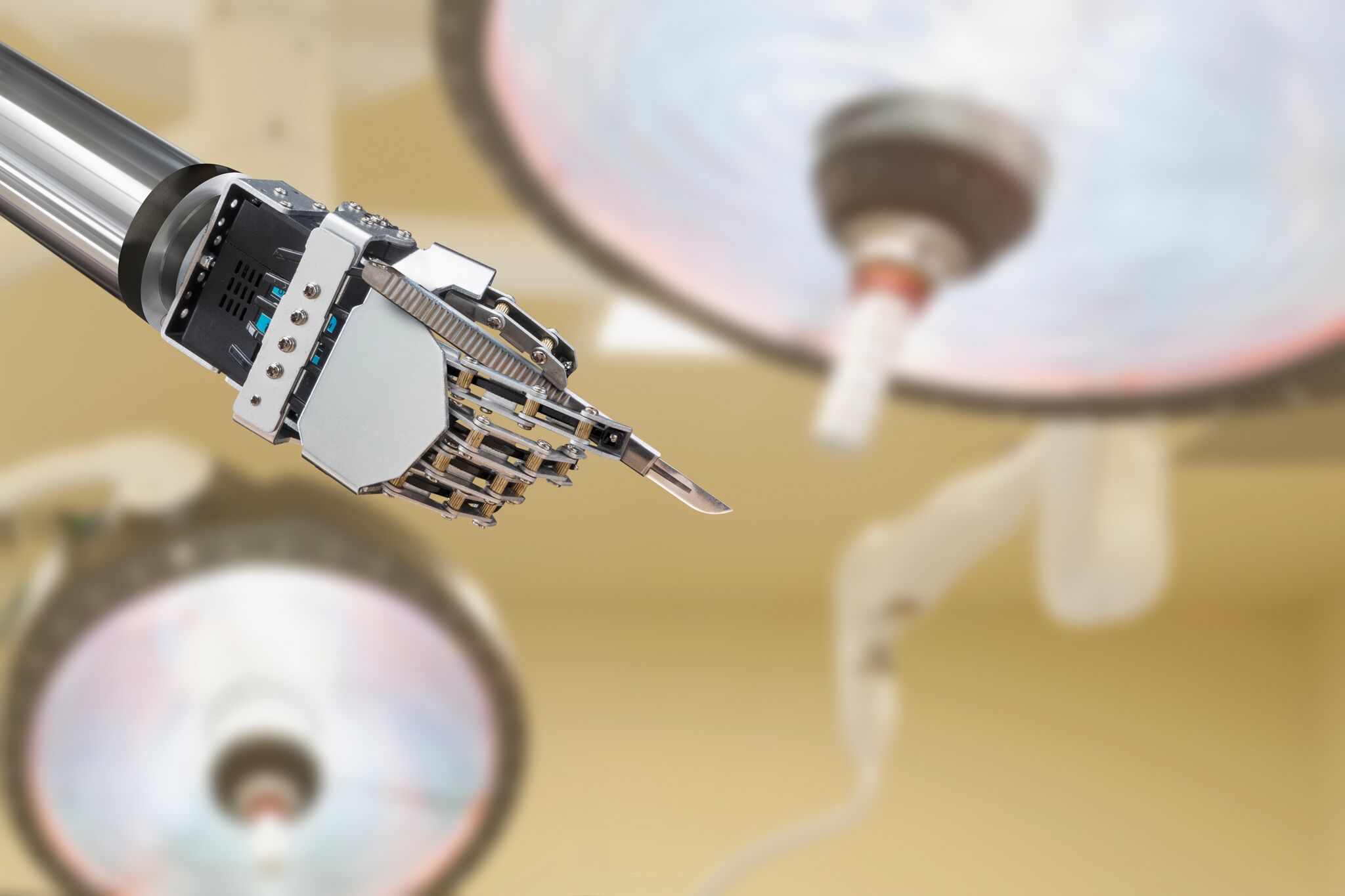
For as much as it is a health crisis for patients, the COVID-19 pandemic is also a logistical nightmare for healthcare systems around the world.
In the hopes of alleviating, or at least better managing, the demand for, among other things, ICU beds and a range of equipment, the UK’s NHS has started trials of a machine-learning system designed to help UK hospitals anticipate the demand on their resources that is being caused by disease sweeping the nation.
According to reports, the COVID-19 Capacity Planning and System (CPAS) is being piloted at four acute hospitals in England to demonstrate whether it can help the NHS predict demand due to the pandemic. If so, the system, which is based on machine-learning system dubbed Cambridge Adjutorium and developed by a team of researchers at Cambridge University, will be rolled out nationally.
According to NHS Digital, the UK health system’s the national information and technology partner, the initiative is the "first time any project of this scale and scope using machine learning has been rolled out in the NHS."
Trials are expected to last a week and will take place at NHS trusts Cambridge University Hospitals, Kings College Hospital, Lancashire Teaching Hospitals and University Hospital Southampton.
Hospitals using the CPAS tool in the trial can run "simulation environments" allowing them to see “how different scenarios would play out, such as by increasing the number of available beds or changes in the demographics of admitted patients.”
According to Professor Mihaela van der Schaar, the Cambridge researchers’ team leader, "It is important to note that this is not a medical device. It is a planning tool, to help predict the resources that are needed, and capacity over time."
The original Cambridge Adjutorium has already been used to develop insights into cardiovascular disease and cystic fibrosis, the report noted, and “the system being used by NHS Digital has been trained with depersonalised data from 4,000 patients provided by Public Health England to provide near-term projections of demand on hospital resources.”
According to NHS Digital, the quality of the predictions generated by CPAS will depend on the quality of the data submitted by each healthcare provider, and the organization is in the process of identifying other sources of readily available data that can be used in the model "so that the burden of data collection can be reduced for the very busy teams. We know that once the data is useful and provides rapid feedback to submitters, the data quality will likely improve."
Professor van der Schaar said that there has also been interest in the technology from the Netherlands, Italy, Israel and the United States.


